Did you know the Congo River is the deepest in the world, reaching depths of 220 meters? This fascinating fact is just one of many reasons the Republic of Congo is an underrated destination for adventurous travelers. From lush rainforests to vibrant cities, this Central African nation offers a unique blend of natural beauty and cultural richness.
When it comes to managing your money here, the Republic of Congo operates on a dual-currency system. The Central African CFA Franc is the official currency, but the US Dollar is widely accepted in many areas. Understanding how to navigate local financial practices can make your trip smoother and more enjoyable.
This guide will help you explore the essentials of payment methods, exchange rates, and safety tips. Whether you’re planning to use cash or cards, being prepared ensures you can focus on the adventure ahead. Let’s dive into what makes this destination a hidden paradise for explorers.
Understanding Congo’s Currency Landscape
Navigating the currency system in this Central African nation can be a unique experience. The Republic of Congo operates on a dual-currency system, which includes the Central African CFA Franc and the US Dollar. Knowing how to manage your cash and card options here is essential for a hassle-free trip.
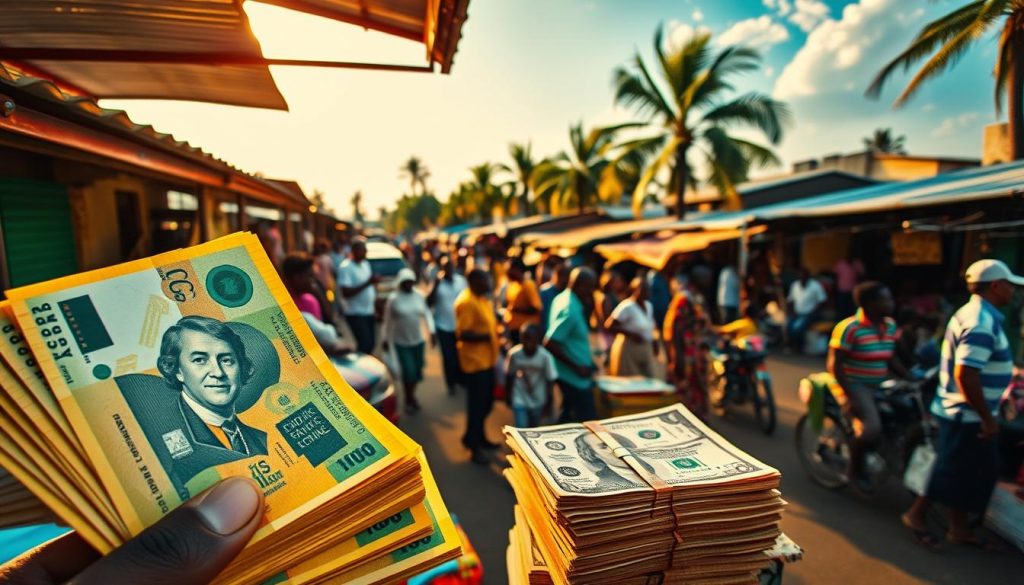
CFA Franc Essentials and Currency Denominations
The Central African CFA Franc (XAF) is the official currency. It’s pegged to the Euro at a fixed rate, ensuring stability. Common denominations include:
- Coins: 1, 2, 5, 10, 25, 50, 100, and 500 francs.
- Banknotes: 500, 1,000, 2,000, 5,000, and 10,000 francs.
This currency is widely used across the country, especially in local markets and smaller towns. It’s part of the broader French Monetary Area, which includes several Central African nations.
The Role of the US Dollar in Daily Transactions
While the CFA Franc is the official currency, the US Dollar is often preferred by visitors. Many hotels, tour operators, and larger businesses accept USD, especially in urban areas. This dual-currency system provides flexibility but requires careful planning.
Here’s why the US Dollar is popular:
- It’s widely accepted in tourist-heavy areas.
- It’s easier to exchange compared to other foreign currencies.
- It’s often used for larger transactions or payments.
To exchange currencies securely, visit reputable banks or authorized exchange offices. Avoid street vendors to ensure you get the correct rate. Local banks also play a crucial role in managing currency exchanges, so keep their locations handy.
Understanding the country’s financial background before traveling is vital. This knowledge helps you make informed decisions about handling cash and using cards. With the right information, you can navigate the currency landscape with confidence.
Navigating Payments: Cash, Card, and ATM Options
Managing your money while exploring a new destination can be a challenge, but with the right tips, it’s easier than you think. Whether you’re in a bustling city or a remote village, understanding your payment options ensures a smooth experience.
Managing Cash-Only Transactions in Local Areas
In many local areas, cash is king. Smaller vendors, markets, and rural spots often operate on a cash-only basis. Carrying enough local currency is essential for these transactions. Here’s how to prepare:
- Exchange currency at reputable banks or authorized offices to avoid scams.
- Keep smaller denominations handy for easier transactions.
- Plan ahead for areas where ATMs might be scarce.
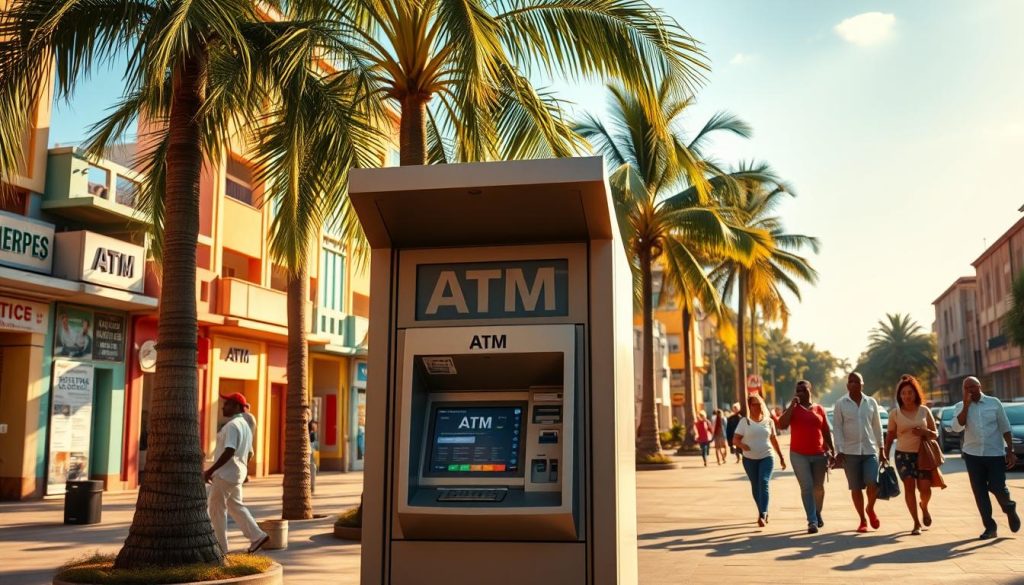
Credit Card and Debit Card Acceptance in Hotels and Major Cities
While cash is necessary in local areas, credit cards and debit cards are widely accepted in hotels and major cities. Many establishments in urban centers cater to international visitors, making card payments convenient. However, keep these tips in mind:
- Check for foreign transaction fees with your bank before using your card.
- Inform your bank of your travel plans to avoid blocked transactions.
- Carry a backup card in case of emergencies.
Tips for Using ATMs and Locating Banks
Finding an ATM or bank in a new place can be tricky, but it’s worth the effort. Here’s how to make the process smoother:
- Use ATMs located inside banks or secure areas to reduce risks.
- Withdraw larger amounts to minimize transaction fees.
- Keep a list of bank locations in major cities like Brazzaville for easy access.
By planning ahead and understanding your options, you can navigate payments with confidence. Whether you’re using cash, cards, or ATMs, these tips will help you stay prepared for any situation.
Congo: Ultimate Travelers Guide to Currencies & Payments
Understanding exchange rates and money exchange procedures can save you time and money during your trip. Exchange rates can fluctuate based on the time of year and regional economic factors. Planning your currency exchanges strategically ensures you get the best value for your money.
Current trends show that the Central African CFA Franc (XAF) remains stable due to its peg to the Euro. However, the US Dollar is often preferred for larger transactions. Knowing these trends helps you make informed decisions about when and where to exchange your money.
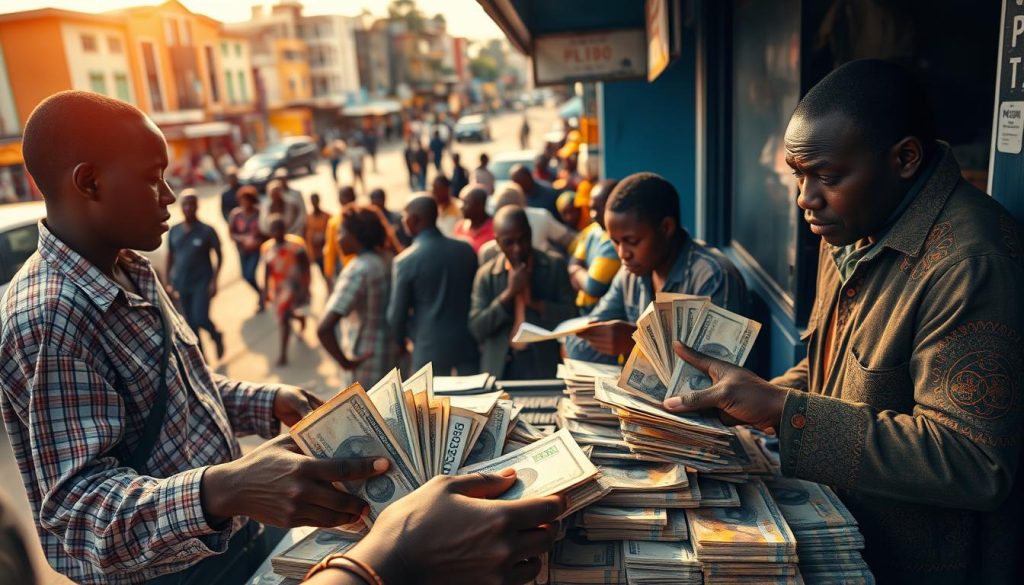
Strategies for Minimizing Conversion Losses
To avoid additional fees and unfavorable conversions, follow these tips:
- Exchange currency at reputable banks or authorized offices.
- Monitor exchange rates before your trip to identify the best time to convert.
- Carry a mix of cash and cards to ensure flexibility in different areas.
Identifying Reliable Exchange Points
Finding trustworthy money exchange points is essential. In local areas, banks are the safest option. Avoid street vendors, as they may offer unfavorable rates or counterfeit currency. Keep a list of bank locations in major cities for easy access during your trip.
Central African Monetary Influences
The Central African region’s monetary policies play a significant role in exchange rates. The CFA Franc is part of a broader monetary union, ensuring stability across member countries. Understanding this context helps you navigate the financial landscape with confidence.
Optimal Times for Secure Exchanges
Timing your exchanges can make a difference. During peak travel seasons, rates may fluctuate more frequently. Plan your exchanges during off-peak times or early in your trip to secure better rates. This strategy ensures you’re prepared for any financial needs during your journey.
Money Management Tips for Travelers in Congo
Effective money management can make your trip smoother and more enjoyable. Planning your finances ensures you stay prepared for daily expenses and unexpected costs. Here’s how to handle your funds wisely while exploring this vibrant destination.
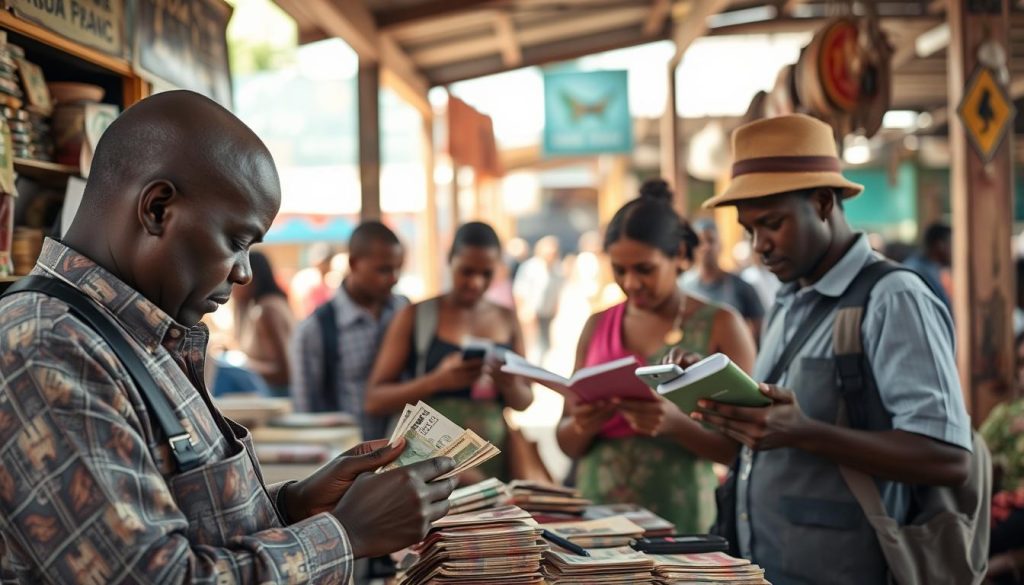
Budgeting for Daily Expenses and Unexpected Costs
Creating a realistic daily budget is essential. Start by estimating costs for meals, transportation, and activities. A typical day might include a mix of local meals, taxi rides, and sightseeing. Allocate a small amount for emergencies to avoid stress.
Track your spending each day to stay on budget. Use a notebook or a mobile app to record expenses. This habit helps you adjust your spending and avoid overspending. Planning ahead ensures you have enough funds for your entire stay.
Avoiding Common Payment Pitfalls While Abroad
Using local transportation efficiently can save money. Instead of relying solely on taxi services, consider shared rides or public transit. These options are often cheaper and give you a chance to interact with locals.
Joining group tours can also be cost-effective. Many tour operators offer packages that include transportation and guides. This approach saves time and reduces the need for multiple taxi rides.
Always carry some cash for smaller transactions. Many local vendors don’t accept cards, so having the right amount on hand is crucial. By following these tips, you can avoid common financial pitfalls and enjoy a worry-free trip.
Legal and Safety Considerations for Financial Transactions
Handling finances in a foreign country requires awareness of local laws and safety measures. Understanding the rules can help you avoid penalties and ensure a smooth experience. This section covers essential legal and safety tips for managing your money abroad.
Understanding Local Laws and Penalties for Currency Violations
When traveling, it’s crucial to know the local laws regarding currency. Many countries have strict rules about the amount of cash you can bring in or take out. For example, exceeding the declared limit can lead to fines or confiscation.
Always declare your funds at customs to avoid legal issues. This is especially important when crossing borders. Keep receipts for currency exchanges as proof of legitimate transactions.
Staying Safe: Legal Restrictions and Practical Tips
Your passport and visa are essential for financial and legal compliance. Ensure they are up-to-date and always carry copies. In case of emergencies, having your embassy’s contact information is vital.
Here are some practical tips to stay safe:
- Carry only the cash you need for the day and keep the rest in a secure place.
- Avoid displaying large amounts of money in public to reduce the risk of theft.
- Be cautious when using ATMs, especially in remote or border areas.
| Legal Requirement | Details |
|---|---|
| Currency Declaration | Declare amounts exceeding $10,000 at customs. |
| Penalties for Violations | Fines or confiscation of undeclared funds. |
| Embassy Contact | Keep your embassy’s contact details handy for emergencies. |
If you are detained or questioned by local authorities, remain calm and contact your embassy immediately. They can provide legal assistance and ensure your rights are protected.
By following these guidelines, you can navigate financial transactions safely and legally. Being prepared ensures a worry-free experience while traveling.
Payment and Currency Exchange Strategies at Arrival
Arriving in a new country can be exciting, but knowing the payment and document requirements ensures a smooth start. Proper preparation helps you avoid delays and focus on enjoying your trip from the very beginning. Here’s what you need to know about handling payments and documentation upon arrival.
Airport and Border Payment Requirements and Procedures
When you land, the first step is often clearing customs and immigration. Be ready to present your visa, passport, and any required health documentation. Some airports may also require proof of onward travel or accommodation bookings.
Payment requirements vary by region. In some cases, you may need to pay a tourist fee or visa-on-arrival fee in cash. Ensure you have the correct currency, as card payments may not always be accepted. Here’s a quick checklist:
- Carry small denominations of local currency for convenience.
- Keep your visa and other documents in an easily accessible item, like a travel wallet.
- Be prepared to show proof of sufficient funds for your stay.
Visa, Health Documentation, and Other Essential Tips
Your visa is your ticket to entry, so ensure it’s valid and matches your travel dates. Some countries require additional health documents, such as vaccination certificates or travel insurance. Double-check these requirements before your trip.
Here are some practical tips to ensure a seamless arrival:
- Organize all documents in a folder or digital app for easy access.
- Carry extra copies of your passport and visa in case of loss or theft.
- Research regional differences in arrival procedures to avoid surprises.
| Arrival Requirement | Details |
|---|---|
| Visa | Ensure it’s valid and matches your travel dates. |
| Health Documentation | Carry vaccination certificates or insurance if required. |
| Payment | Have local currency or USD for fees. |
By preparing in advance, you can navigate the arrival process with confidence. Whether you’re a first-time visitor or a seasoned traveler, these strategies ensure a stress-free start to your journey.
Conclusion
Exploring a new destination is an adventure that requires careful planning, especially when it comes to managing your finances. This guide has provided essential insights into the unique financial landscape, helping you navigate cash, cards, and exchange rates with confidence.
Understanding the local currency system is a crucial part of your preparation. Whether you’re a first-time tourist or a seasoned explorer, knowing how to handle money ensures a smoother experience. From budgeting daily expenses to avoiding common pitfalls, every tip is designed to empower your decisions.
As you prepare for your journey, embrace the adventure and equip yourself with the right knowledge. This guide is here to help you explore the world confidently and safely. With these practical strategies, you’re ready to make the most of your trip.
The above is subject to change.
Check back often to TRAVEL.COM for the latest travel tips and deals.
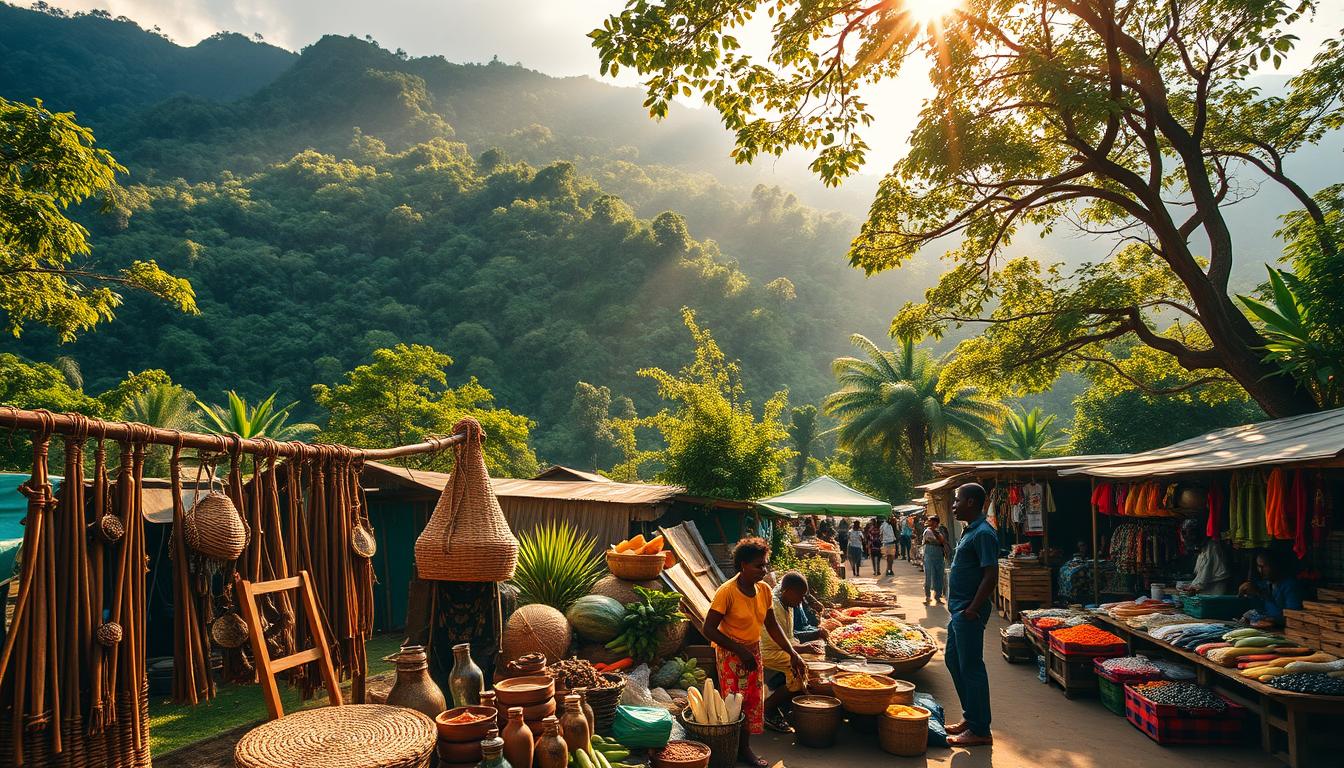

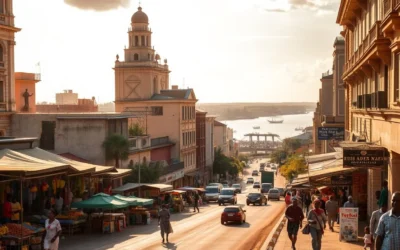
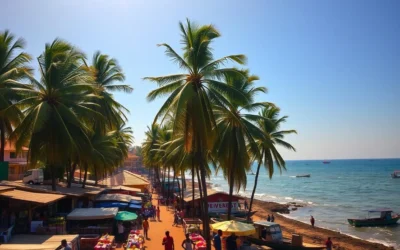

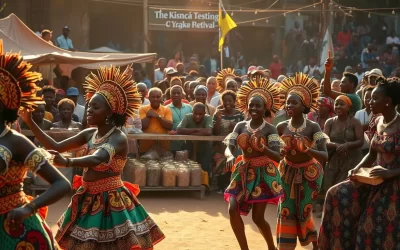
0 Comments